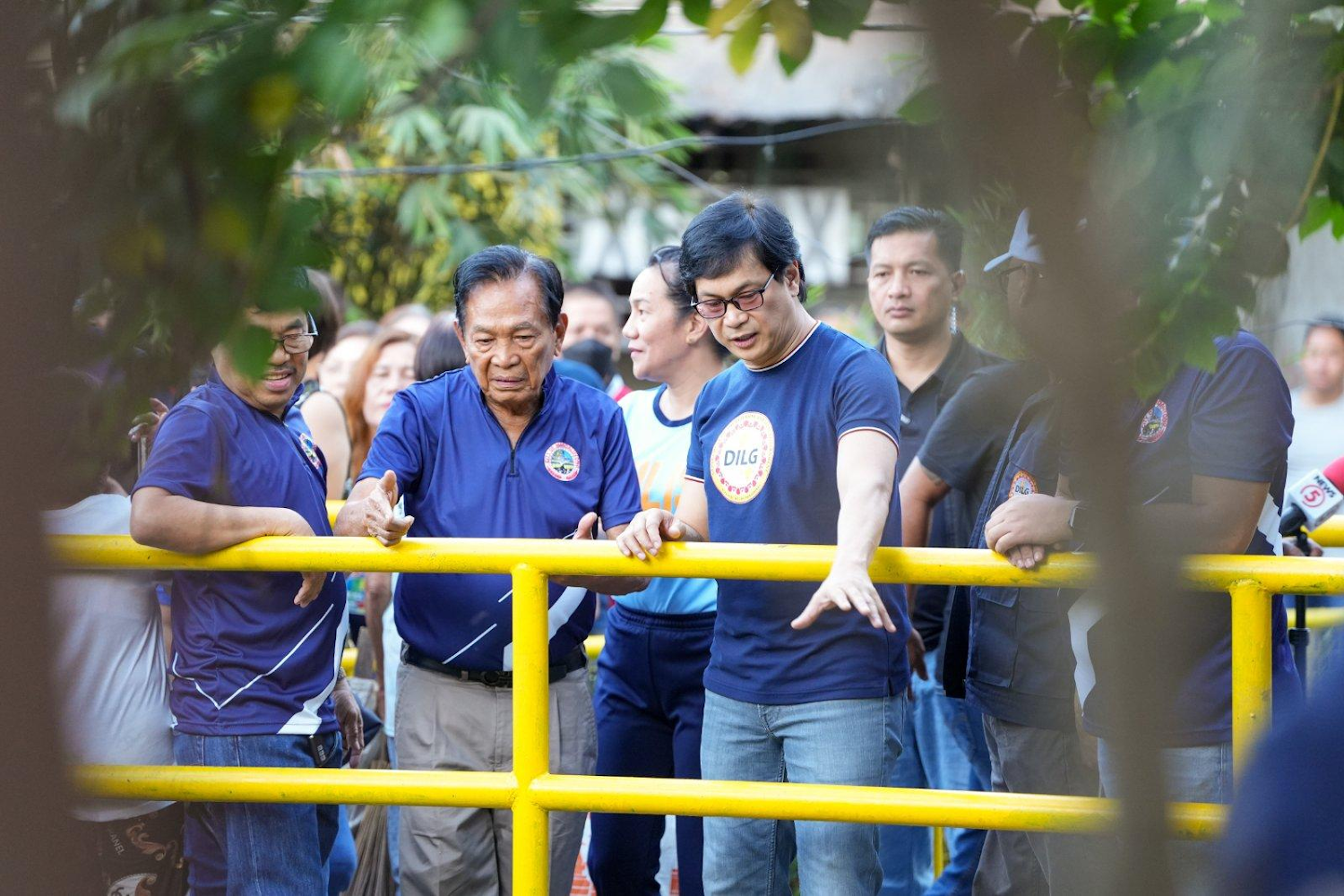Impose community service as penalty to litterbugs, Abalos tells LGUs
By Chito Chavez

Department of the Interior and Local Government (DILG) Secretary Benjamin “Benhur’’ Abalos Jr. prefers imposing community service rather than fines to those who would be caught recklessly throwing garbage.
Under the current set-up, the DILG explained that anti -littering violators in Metro Manila are cited for violating Metropolitan Manila Development Authority (MMDA) Regulation No. 96-009 or Anti-Littering Law.
“The MMDA Environmental Enforcers, who have the authority to issue environmental violation receipts tickets, are also authorized to file cases against violators,’’ the DILG noted.
On Saturday, Feb. 17, Abalos prodded the Mandaluyong City Council to pass an ordinance imposing community service instead of fines and penalties on violators of the President’s flagship KALINISAN program.
He pointed out that the move would encourage the citizens to develop a cleaner and healthier way of life, which other local government units (LGUs) could emulate.
The DILG chief made the call during the launch of the BARKADA Clean-up Drive in Barangay Addition Hills, Mandaluyong City.
He urged the “Mandaleños to continue the practice of community clean-up drive during the weekends and commit in the KALINISAN campaign by cleaning every street and alley in the city.”
Abalos noted that all 27 barangays of Mandaluyong City have been conducting simultaneous clean-up drive every Saturday for the past 20 years.
He encouraged other localities to follow the practice while also focusing on proper segregation practices to fully comply with the KALINISAN program.
Likewise, Abalos underscored the need to prioritize and clean 'esteros' by installing trash traps as a measure to ensure free-flowing and garbage-free waterways in the communities.
He also suggested that other LGUs implement their own projects similar to the MMDA’s Basura Palit Grocery project, citing a “circular economy” as the model for a self-sustaining trash to cash initiative.
He also commended the City of Mandaluyong for its consistent and outstanding performance in various governmental aspects, particularly for its low volume of solid waste produced compared to other Metro Manila cities.
In 2019, Abalos lamented that Mandaluyong City produced 279,000 kilos of waste compared to the three million kilos of garbage produced by the top ranked Metro Manila city.